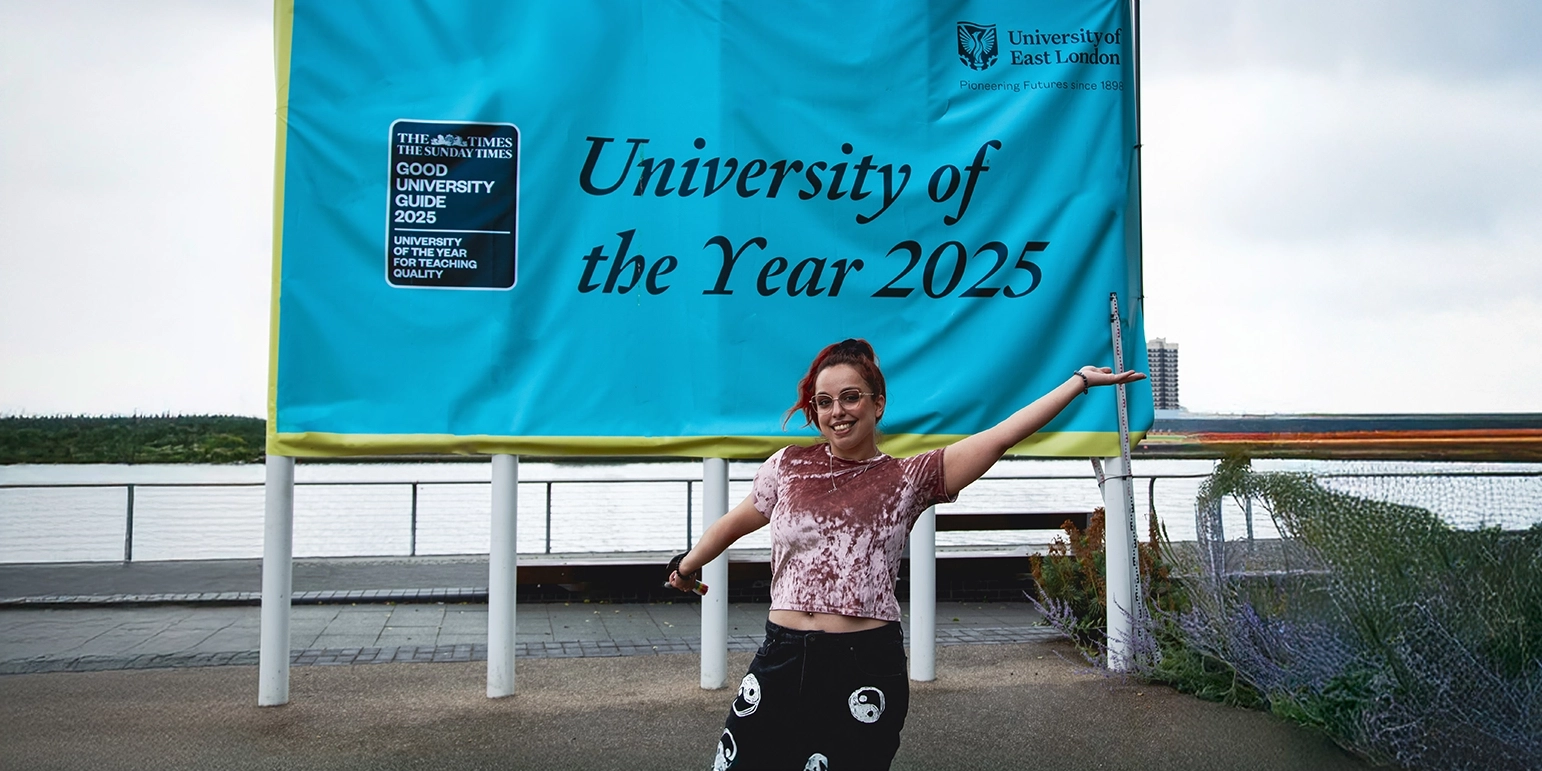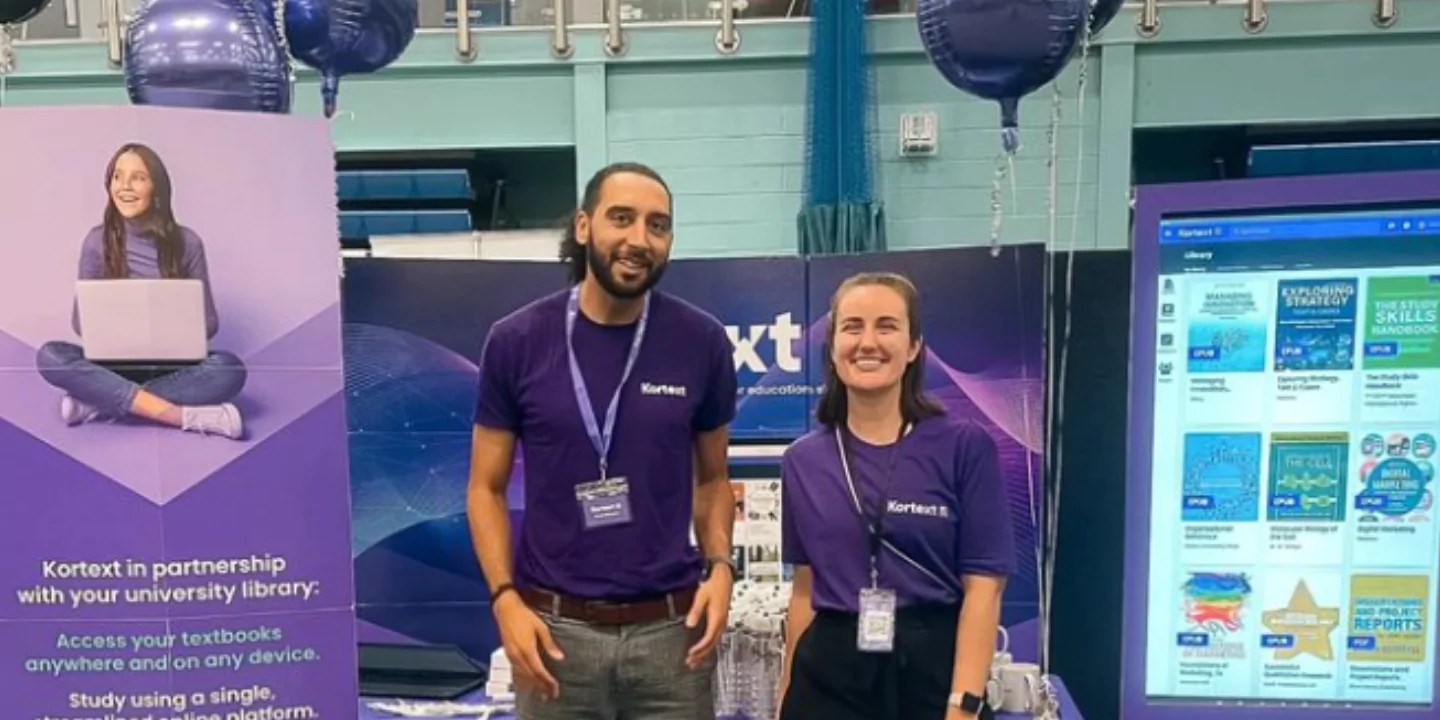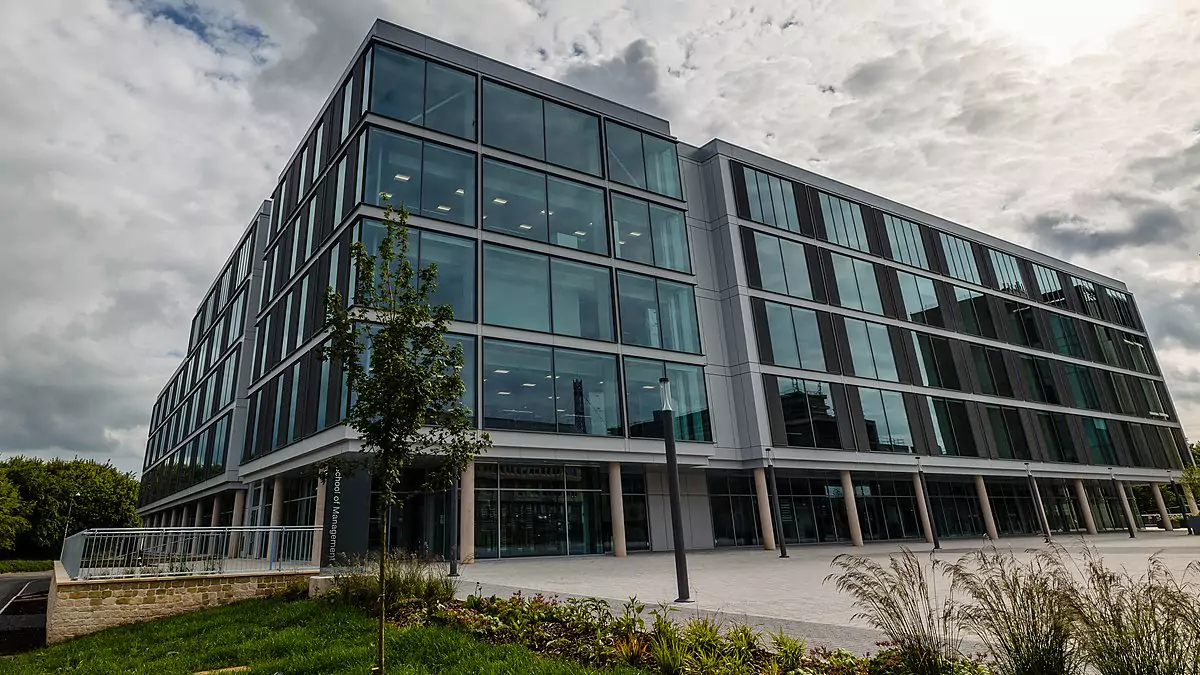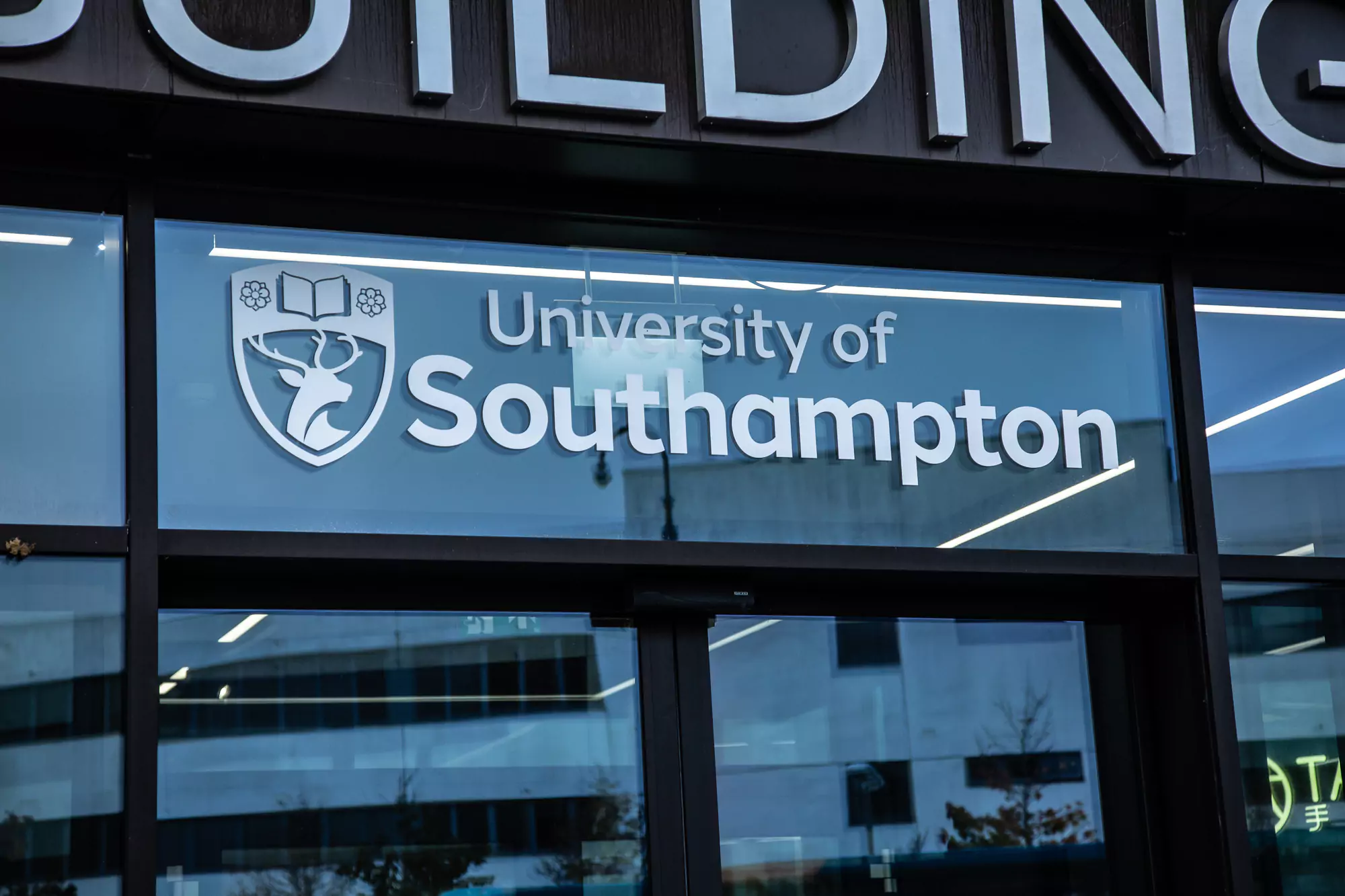How the University of Worcester has utilised digital learning to improve student engagement and increase retention.
Background
This case study outlines the impact that a holistic and inclusive digital learning environment at the University of Worcester had on retention, satisfaction, performance and revenue.
The REACH project was created with the aim of enhancing the digitisation of the student learning experience and in its ambition, was a step change in how technology was being used in and out of the classroom.
The trial worked with 3 programmes, partnering Kortext, John Smiths and Samsung together. The core texts were identified, and each student was provided with a Samsung tablet with the eTextbooks pre-loaded on the Kortext app.
Head of Law, Bill Davies said:
Sessions have been
more flexible and
more engaging
and interactive
than I have ever
given without the
tablets.
Retention
Prior to the study, the average withdrawal rate across the three programmes was 3.8%. Based on observations from The REACH project, This fell to 1% year on year since the study began. This finding resonates powerfully for the university as the REACH pilot required upfront investment and the enhanced retention has an immediate financial benefit.
Firstly, the enhanced retention has an immediate financial benefit, but more importantly the increased satisfaction and performance of the students reflect positive experiential aspects for the students within the pilot.
A nursing student participating in the scheme mentioned:
…the scheme has been a revelation in terms of opening PowerPoints during lectures
and I have enjoyed Kortext.
WOW! All that knowledge in such a small space!
Engagement
Of the students participating in the study, 98% of students were active users, indicating excellent engagement. The pilot also showed that of the 2,419 books assigned, 100% had been downloaded to the devices supplied.
There have also been 216,394 pages read and 25,908 annotations made. All of which indicates that the staff and students have embedded the solution as an integral part of their teaching and learning environment and experience.
Satisfaction
It was reported by Val Yates, Director of Director Access and Inclusion, that the increase in the satisfaction survey data on the pilot programmes within the institution speaks volumes about how the scheme and technology has been received by students, and vitally how staff have embedded the technology in all aspects of the learning experience. Val Yates also said:
A sustained
impact on
student
retention of this
nature suggests
the scheme
could pay for
itself!
Conclusion
The ideology behind the REACH trial was transparent, and it helped to put a strong focus on student success and progression. The scheme also addressed the needs for further
attention to be placed on certain subject areas, such as:
- No hidden costs for core textbooks (NUS)
- Programme wide innovation to enhance access to content
- Enhancing student and content engagement
- Enhancing learning analytics source data (i.e. explicit rather than proxy)
- Enhancing ‘user-centred design’ of the learning experience and environment
- Inclusive technology enhanced learning environments for staff and students
I am pleased that OFFA has been able to advise Kortext on this project. It is important
to understand the impact that digital learning resources can have on retention and
success for disadvantaged and under-represented groups, so I look forward to seeing
further case studies of universities and colleges’ work in this area.
– Professor Les Ebdon, Director of Fair Access to Higher Education.






